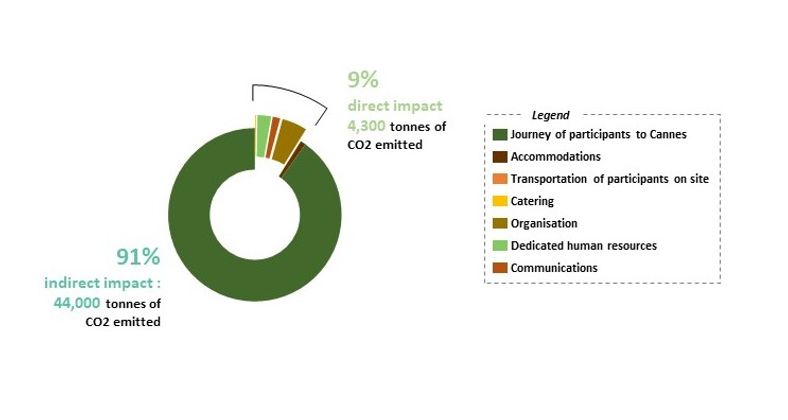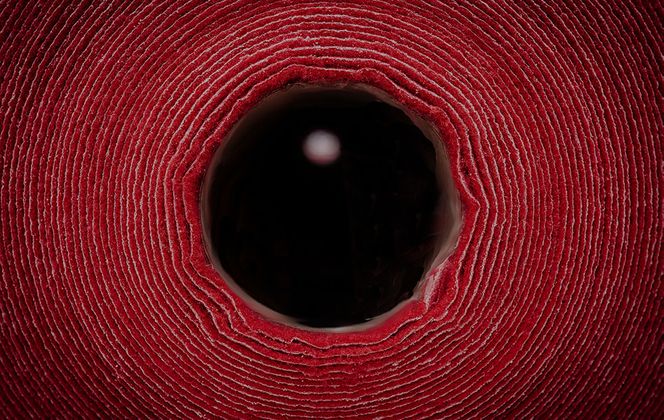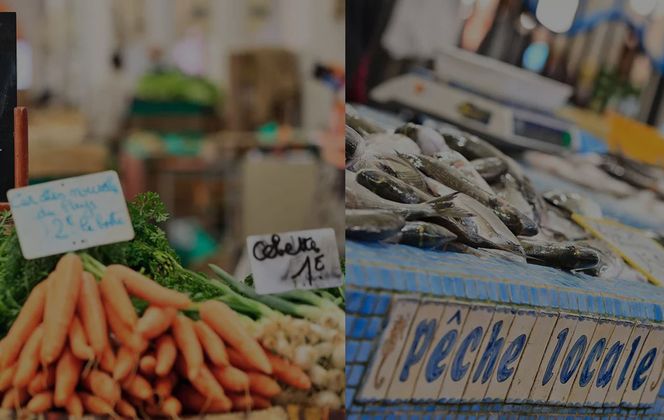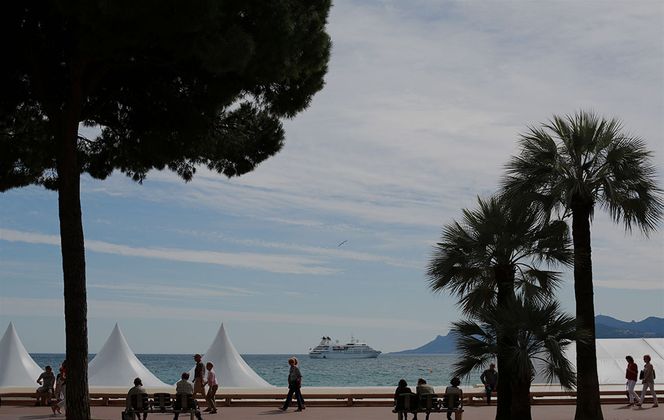Starting in 2024, the Festival de Cannes has chosen to engage in a quantified reduction trajectory.
To define this trajectory, the Festival de Cannes has chosen to rely on an indisputable scientific basis, that of the IPCC. In line with the Paris Agreement on the climate, and in order to contain the increase in the average temperature to well under 2° C, and as close as possible to 1.5° C, the IPCC has defined greenhouse gas emission reduction objectives for 2030 of at least 21% compared to 2019, with an ideal goal of 43%.
As proof of its desire to contribute proportionally to this goal of limiting climate change, the Festival de Cannes is committed to following this roadmap for 2030. It is guaranteeing a reduction of at least 21% for its greenhouse gases compared to 2019, and will work towards the ideal reduction target of 43%. As the Festival’s carbon footprint has been assessed at 49,000 tonnes of CO2 emitted in 2019, the Festival is thus committed to a reduction of at least 10,300 tonnes by 2030.
This objective will be able to be reached thanks to rigorous work on the two main sources of its carbon footprint: that connected to the number of participants and of their journeys to Cannes (around 90% of the Festival’s footprint in 2019) and the footprint pertaining to the organisation and equipment of the Festival (5.5% of the Festival’s footprint in 2019).
More generally, the Festival de Cannes will continue to base its climate approach on the 6 levers for action already identified, which will guide its future decisions:
– Waste management
– Controlling pollution
– Controlling energy consumption and natural resources
– Training and awareness raising
– Cooperation and sharing of best practices
– Responsible purchasing
This long-term commitment will be guaranteed by the ISO 20121 certification process (sustainable event management) that the Festival has undertaken and which will come to fruition by the 2025 edition.











